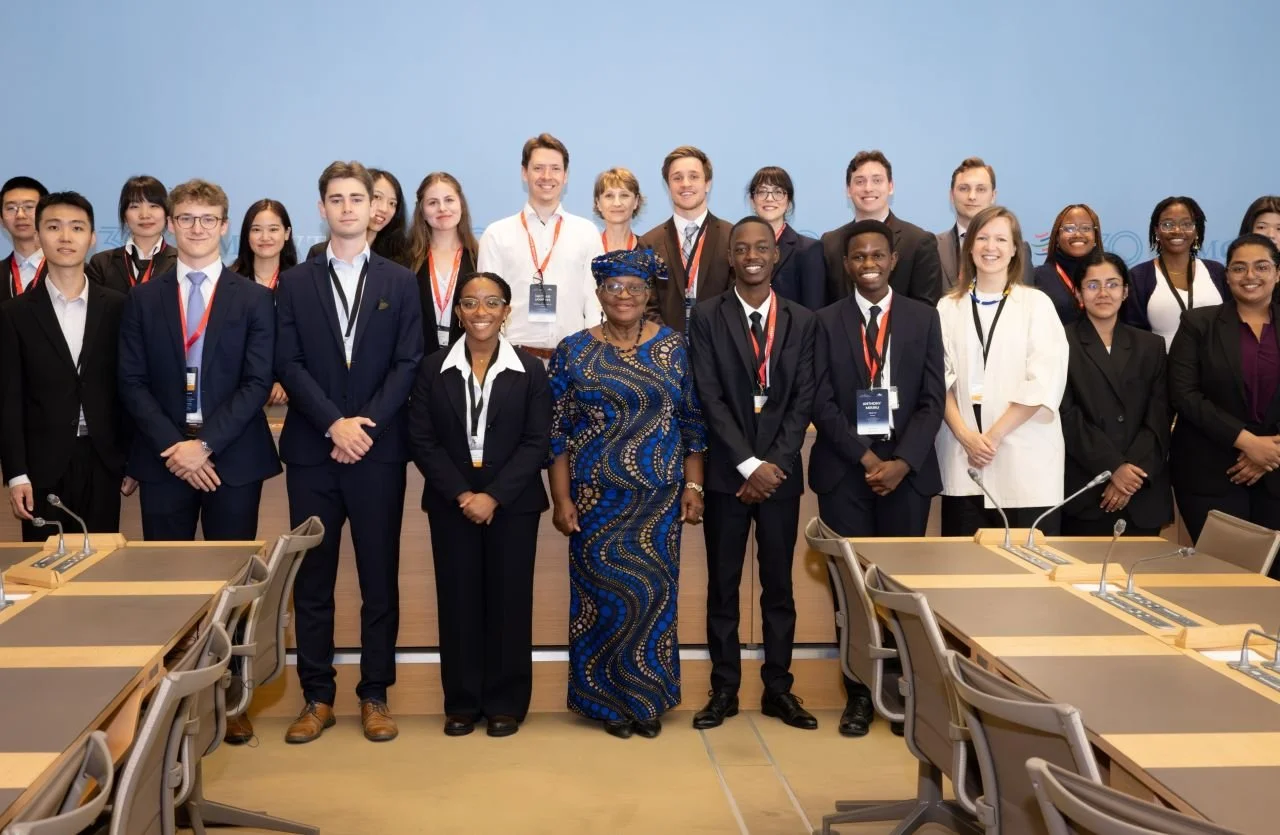How the John H. Jackson Moot Court Competition Led to the European Commission
By Matthias Moens; Participant of the 23rd Edition of the John H. Jackson Moot Court Competition and Best Orator of the Grand Finals of both European Regional Rounds.
Participating in the 23rd Edition of the John H. Jackson Moot Court Competition (JHJMCC) has been one of the most formative experiences of my legal education. But more than the prize, it was the process that made the experience truly life-changing. The JHJMCC is not just a competition; it’s a simulation of what it means to be a lawyer in the real world. It was a journey that spanned several months, tested my limits, and ultimately rewarded me with not only unforgettable memories but also a traineeship at the Legal Service of the European Commission, a prize I received for winning Best Orator of the Grand Finals of both European Regional Rounds.
It’s a challenge, a team effort, and a learning experience that I would recommend to every law student with an interest in international trade law and advocacy.
A Well-Structured Journey: The Three Phases of the JHJMCC
The competition is divided into three distinct phases: the Written Submissions, the Regional Rounds, and the Final Oral Round. This structure is not only logical but pedagogically sound.
The written phase, which is concluded in January, gives participants ample time to digest the case, interpret the facts, and delve into the relevant WTO agreements and jurisprudence. It allows for a deep understanding of the legal framework before shifting focus to oral advocacy. This mirrors the workflow of a practicing lawyer: first, mastering the substance, then refining the delivery. It is a period of intense intellectual growth. We spent countless hours researching WTO jurisprudence, dissecting panel and Appellate Body reports, and debating the finer points of trade law. This phase taught me the importance of precision in legal writing and the value of building a coherent and persuasive argument. Here, I truly appreciated the complexity of WTO law and the skill required to navigate it effectively.
The Regional Rounds are where the competition truly comes alive. During this whirlwind of preparation and performance, the written arguments are put to the test in front of panels of experts, and the pressure of oral pleading begins. The Final Oral Round, held at the WTO Headquarters in Geneva, is the culmination of months of preparation and growth. It is intense, inspiring, and a true celebration of international legal talent. Each day was filled with mock pleadings, feedback sessions, and strategy meetings. I vividly remember the adrenaline rush before stepping into the hearing room, the intense focus during the pleadings, and the relief and pride after each session. These rounds were not just about winning; they were about learning from each other, adapting to different judging styles, and refining our advocacy skills. The feedback from the panelists was invaluable, offering insights that helped us elevate our arguments and delivery.
While the three-phase format may seem daunting at first, it actually facilitates a gradual and comprehensive learning curve. You start by interpreting facts and law, move on to crafting persuasive arguments, and finally learn how to plead effectively. It’s a full-circle experience that prepares you for the professional world like few other academic activities can.
Teamwork: The Heart of the Competition
One of the most rewarding aspects of the JHJMCC is teamwork. You don’t go through this journey alone. You collaborate with fellow students from your faculty, often over several months, through periods of stress, fatigue, and triumph.
Working in such an intense environment teaches you how to identify and leverage the strengths and weaknesses of your teammates, how to support each other, and how to perform under pressure. It’s a crash course in interpersonal skills, empathy, and resilience.
Personally, I met some truly amazing people during the competition. I came in contact with individuals I admire both as lawyers and as human beings within and outside my own team. The camaraderie we built helped us stay grounded and even laugh during the most stressful moments. That human connection is one of the competition’s greatest gifts.
A Global Perspective on WTO Law
The JHJMCC offers a unique opportunity to engage deeply with WTO law. Through the case, you explore the structure and function of the WTO’s agreements and dispute settlement system. You learn how trade law operates in practice, and how legal arguments are shaped in a multilateral context.
Because the competition is global, it brings together students, academics, and professionals from all over the world. This diversity enriches the experience immensely. You get to see different pleading styles, hear varied legal interpretations, and engage in high-level discussions that broaden your perspective.
It’s also a fantastic networking opportunity. During the Regional and Final Rounds, you meet not only fellow students but also academics, WTO officials, and practicing lawyers. These interactions can open doors and spark ideas for future careers.
The Role of Coaches: Going the Extra Mile
Behind every successful team are dedicated coaches. In our case, they were instrumental in helping us push beyond our limits. Their expertise in WTO law and their commitment to our growth made a huge difference. They guided us through complex legal issues, helped us refine our arguments, and motivated us when our energy was low. They challenged us and celebrated our victories. I can confidently say that I would not have delivered the same performance without their support. Their belief in our potential was a driving force, and helped me grow not just as a “mooter”, but as a researcher, speaker, and future lawyer.
Our coaches were more than mentors; they were our anchors. Their dedication went beyond academic guidance. One coach spent hours helping me refine my rebuttal technique, while another provided critical feedback on my tone and pacing. I am deeply grateful for their commitment and the impact they had on my journey.
Tips for Future Participants
If you’re considering participating in the JHJMCC, here are a few tips from someone who’s been through it:
Never give up: The process is long and demanding, but the reward is worth every hour of work.
Believe in yourself: Confidence is key, especially during the oral rounds.
Practice relentlessly: The more you plead, the better you get. Simulate hearings, record yourself, and seek feedback.
Reach out to diverse audiences: Practice in front of different people from diverse backgrounds. Professors, peers, practitioners often come with new perspectives and other approaches. Each perspective adds value.
Enjoy the ride: It’s a unique experience. Embrace the highs and the lows, and make the most of every moment. Try to connect with as many people as possible because it enriches you on a personal level.
A Professional Boost: The Traineeship at the European Commission
Winning Best Orator of the Grand Finals of both European Regional Rounds resulted in a prize that I consider to be a true honour: a traineeship at the Legal Service of the European Commission. For two months, I was able to work on actual legal questions within European Law by attending meetings, providing legal research, and contributing to brainstorming sessions. As part of the COMP and AFFAIR team, I was able to attend team meetings in which pending case law was discussed. This allowed me to grasp complex ongoing legal issues that have a significant impact on both policy-making and the business of diverse industries.
I gained insights into hot topics in EU law and was able to access the extensive legal databases of the European Institutions. Given the amount of information at their disposal, I could benefit from a steep learning curve. The legal knowledge also helped me on an academic level. Indeed, the internship inspired me and provided additional perspectives in the process of writing my Masters’ thesis.
My period within the Legal Service also brought me places. First, I was able to attend multiple interesting networking events where I met very motivated, skilled, and hardworking individuals. As such, I also got in touch with the Bluebook trainees who helped me find my way around the buildings of the European Commission.
Since events were often organised around a specific topic, it also allowed me to discuss with experts in specific fields. As such, it broadened my scope and allowed me to gain insights into topics that were new to me; for example, a panel discussion on “Online Misinformation in Moldova” at the Permanent Representation of the Czech Republic to the European Union or a hearing at the European Court of Justice in Luxembourg.
In conclusion, my short time amid the Legal Service was a truly enriching experience that gave me a clearer view of what pursuing a career in the European institutions entails. It complemented everything I had learned during the JHJMCC and therefore, it can be considered as “the icing on the JHJ cake”.
Final Thoughts
The John H. Jackson Moot Court Competition is more than just a contest. It is a journey of growth, collaboration, and discovery. It teaches you how to think like a lawyer, how to work as a team, and how to perform under pressure. It connects you with a global community of passionate legal minds and opens doors to professional opportunities.
If you’re a law student looking to challenge yourself, learn WTO law, and grow both personally and professionally, I wholeheartedly recommend participating. It might just be the experience that shapes your future.






